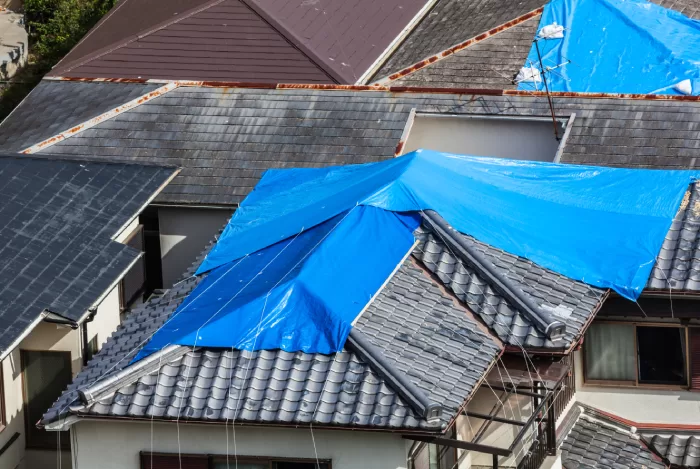
Minimise Hurricane Damage
June 9, 2022 by
jngijamaica
With the start of the Atlantic Hurricane season on June 1, Joseph Holness, assistant general manager, reinsurance and underwriting, JN General Insurance, is recommending that homeowners address outstanding repair work on their property to minimise hurricane damage.
“Ensure that galvanised sheeting and hurricane straps are securely fastened to your roof, over hanging tree branches are limbed, hurricane shutters installed and emergency supplies are stacked,” Mr Holness advised.
“Repairing damaged roof, windows and doors before the hurricane season becomes active will help to minimise further damage from the impact of a hurricane. A leaking roof, for example, may contribute to internal water damage affecting contents walls, flooring etcetera further exacerbating the expenses associated with hurricane damage. It is, therefore, always in one’s best interest that these preparedness activities are done in advance.”
Mr Holness pointed out that it is the tendency for persons to start preparation when a hurricane is imminent.
“Such a short time is insufficient to make adequate preparation especially if there are serious issues with the roof. When a hurricane is threatening, precious time is used up trying to obtain hardware items and emergency supplies thus delaying start of the repairs; and if the rain begins early, that may hamper the repairs. Furthermore, one runs the risk of not being able to access skilled labourers who may be busy attending to other persons’ roof repairs,” he said.
He recommends that beyond preparation of the physical structure, homeowners should also review their property insurance with their insurer or broker to ensure that their home is insured for the full replacement value.
“This is especially critical if your property replacement value increased due to inflation or following renovation or expansion. If the property is underinsured, then the average clause will be applicable thereby resulting in a reduced payment when the claim is processed.”
Average clause means that the insured is required to bear a proportion of a partial loss if the property was insured for less than the full replacement value.
Mr Holness noted that despite Jamaica’s vulnerability to hurricanes, many persons opt to self-insure their property. He further pointed out that several homes and businesses in Jamaica are underinsured, with fewer than 50 per cent being insured.
“Many Jamaicans pursue health insurance to protect their health; however, fewer make the effort to secure insurance to protect their property. This ought not to be the case as a home is one of the most valuable assets a person is likely to own, and considering the effort that was made to acquire it in the first place, it would be unfortunate in the event of serious damage from a hurricane or any other insurable peril, should the homeowner be unable to restore the property.”
“When there is a catastrophe, many homeowners turn to the government for help. With limited resources available, the level of assistance may not be as anticipated. Having insurance means that the risk of the loss of your major assets is transferred your insurer,” he added.
This year’s Atlantic hurricane season is forecasted to be above normal which has been the case in recent years. The Colorado State University Tropical Meteorology Project team predicts that there will be 19 named storms, including nine hurricanes, four of which will be major hurricanes.
Within the last five years, the Caribbean experienced two category five hurricanes that resulted in loss of lives, significant damage to buildings and displacement of persons. In 2019, Hurricane Dorian caused widespread damage to the Abaco Islands in The Bahamas. Similarly, Hurricane Maria created major destruction in Dominica, St Croix, and Puerto Rico in September 2017.
Although the hurricane season officially ends on November 30; in recent years, storms have developed in December.

